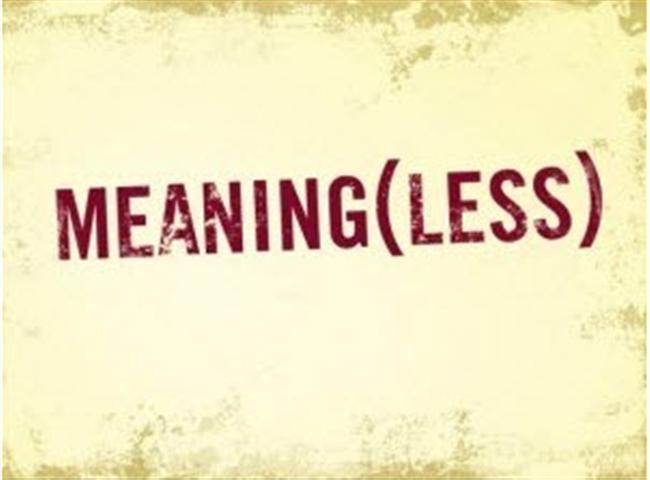Vanity Metrics: Is There Real Value In What You’re Doing?
 Post written by Brett Gibson, CEO at SilverFern Software
Post written by Brett Gibson, CEO at SilverFern Software
There’s a wonderful old church across the road from me that is celebrating 100 years this year. It has a modest old world stone composition that I never tire of seeing, and a single bell that rings on irregular occasions with the sort of pure tone you might hear in a small Swiss village.
By contrast, just 2 blocks west, a bigger, gaudier institution has a mechanized bell that discharges a rapid, 10 minute series of randomly programmed electronic songs whenever they can.
Someone, somewhere, at sometime decided that this gimmick was so novel to them that they wanted to broadcast their love for it to a six block radius every Sunday at 9:15 a.m. followed by an "encore" performance at 11:15 a.m. To me, it’s right up there with the recently uninvited installation of a fire-hydrant that litters the edge of my property….a virtual "WELCOME" sign for neighborhood dogs.
It’s vain to presuppose that others will share your love of something. Like smoking, it’s arrogant to assume that others will derive your same pleasure while inflicting your exhalent upon them. It’s that solid line between sharing and imposing.
So why do I share some of my day-to-day observations with you and what does it have to do with business?
There are countless entrepreneurs who make this same mistake – “If I build it, they will come.” There are programmers who do too – writing unnecessary code and features that only a mother could love. If I like it, surely others will too…
In fact, this sort of narcissism in the Entrepreneurial and Technology realms now has a name. Eric Reis, author of “The Lean Startup” calls it vanity metrics. Yes – business and IT both at times suffer this same cultural dysfunction which demands unapologetically, “Well if I like it, surely everyone else will too.” In social situations, the equivalent might be “Do you mind if I…?”
In business and IT, the question should be “I wonder if there is true value in what I’m doing? Perhaps I should test my idea out a little bit…on other people.”
But then what? Listen to the feedback. Don’t ignore it. Don’t believe that you and only you know best. Don’t impose your theory and expect positive acceptance biding time with denial. Act on that information sensibly and with honest humility. In business – as in life, the results obtained from listening are always better.
